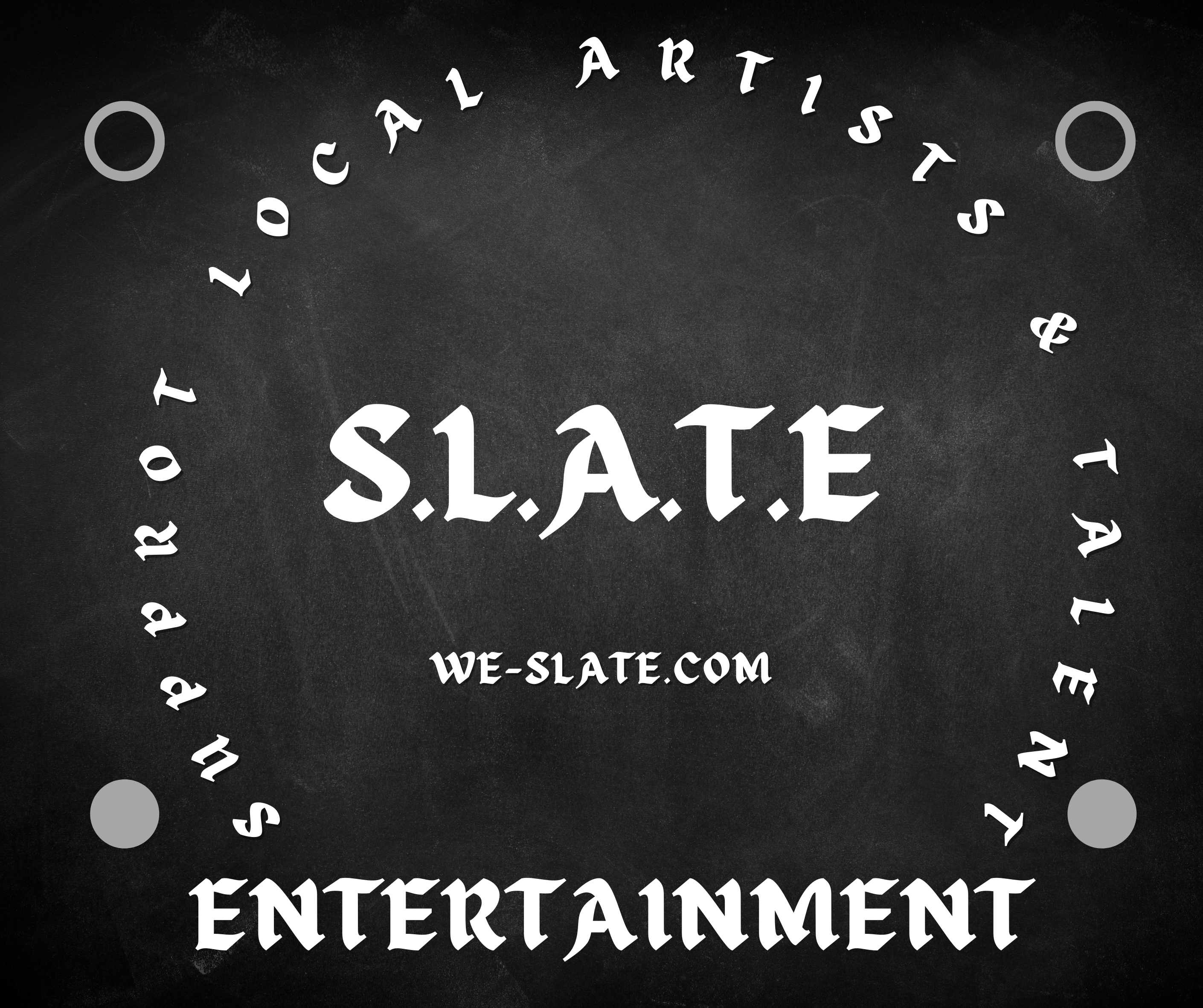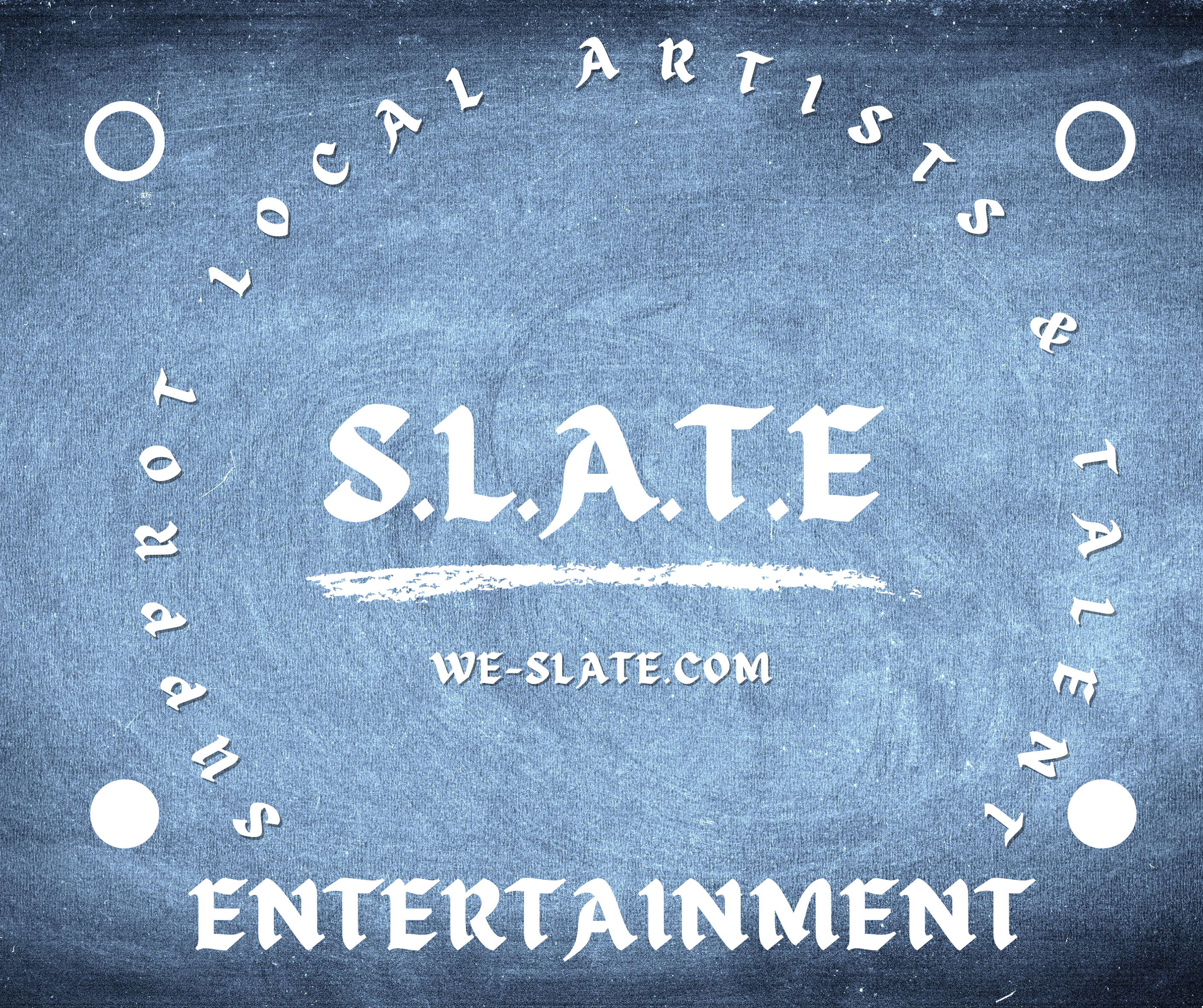
Will Supreme Court Hear Genius Lawsuit Against Google? – Billboard
December 13, 2022 - Uncategorized
The U.S. Supreme Court looks like it might be about to jump into a lawsuit filed by the music database Genius that accuses Google of illegally copying the site’s lyrics and posting them in search results.
After a lower court dismissed the case in March, Genius – a platform that lets users add and annotate lyrics – asked the high court to hear the case and overturn the ruling. Though it called the ruling “unjust” and “absurd,” such petitions are always a long shot; the Supreme Court takes less than 2% of the 7000 cases it receives each year.
But the odds for Genius just got better. In an order Monday, the justices asked the U.S. Solicitor General to file briefs in the case “expressing the views of the United States” on whether or not the court should hear the case against Google.
That kind of request (a “call for the view of the Solicitor General,” or CVSG, in SCOTUS parlance) indicates that the justices think the issues in the case might be significant enough for the court to tackle. Genius has warned that the ruling for Google threatens “a vast swath of internet businesses”; Google says that’s “alarmist hyperbole” and the case does not deserve the high court’s time.
Neither Genius nor Google immediately returned requests for comment on Tuesday.
Genius sued the tech giant in 2019, claiming Google had stolen the site’s carefully-transcribed content for its own “information boxes” in search results, essentially free-riding on the “time, labor, systems and resources” that goes into creating such a service. In a splashy twist, Genius said it had used a secret code buried within lyrics that spelled out REDHANDED to prove Google’s wrongdoing.
Though it sounds like a copyright case, Genius didn’t actually accuse Google of stealing any intellectual property. That’s because it doesn’t own any; songwriters and publishers own the rights to lyrics, and both Google and Genius pay for the same licenses to display them. Instead, Genius argued it had spent time and money transcribing and compiling “authoritative” versions of lyrics, and that Google had breached the site’s terms of service by “exploiting” them without permission.
But in March, that distinction proved fatal for Genius. The U.S. Court of Appeals for the Second Circuit dismissed the case, ruling that only the actual copyright owners – songwriters or publishers – could have filed such a case, not a site that merely transcribed the lyrics. In technical terms, the court said the case was “preempted” by federal copyright law, meaning that the accusations from Genius were so similar to a copyright claim that they could only have been filed that way.
In taking the case to the Supreme Court in August, Genius argued the ruling would be a disaster for websites that spend time and money to aggregate user-generated content online. Such companies should be allowed to protect that effort against clear copycats, the company said, even if they don’t hold copyrights.
“It serves no public purpose … to bar these companies from enforcing their contracts so that behemoths like Google can vacuum up content and increase their internet dominance,” Genius wrote. “Big-tech companies like Google don’t need any assists from an overly broad view of copyright preemption; they already control vast swaths of the internet, to the public’s detriment.”
Google obviously disagrees. In a response to the Supreme Court, the company urged the justices to avoid the case and reject Genius’s “alarmist hyperbole,” arguing that the lower ruling was “plainly correct.” Google said Genius was trying to use an agreement “inconspicuously tucked behind a tiny link” to create “pseudo-copyright” control over songs written by other people.
“Genius does not own the copyrights to any of the lyrics. Genius nevertheless wants to prevent any website visitor from reproducing or publicly displaying the lyrics,” Google’s lawyers wrote. “Its solution? Ignore the true copyright owners and invent new rights through a purported contract.”
'Below Deck' Captains Over the Years: Captain Sandy and More
A boat is nothing without its leader. Over the years, Below Deck fans have become familiar with many captains — and some made more memorable impressions than others. Below Deck, which premiered in 2013, explored the glamorous world of yachting and the not as beautiful behind-the-scenes situations that the crew [...]| Play | Cover | Release Label |
Track Title Track Authors |
|---|

